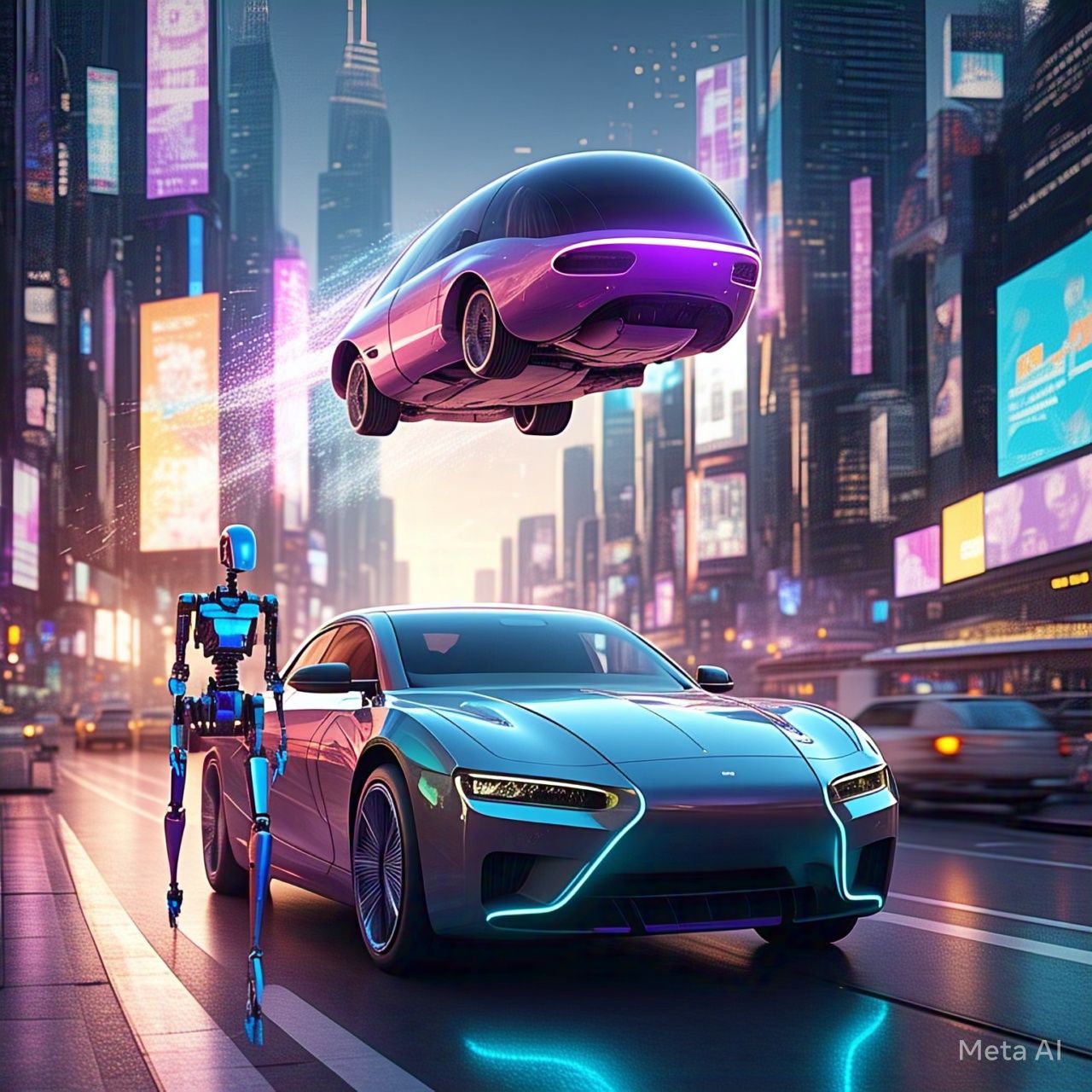The Future of Transportation: Emerging Trends to Watch
Transportation has always been the backbone of economies, enabling businesses to expand and individuals to travel with ease. However, the landscape of transportation is undergoing a seismic shift due to rapid technological advancements and changing consumer expectations. In this blog, we explore the emerging trends shaping the future of transportation and what they mean for businesses and individuals alike.
1. Electrification of Vehicles
One of the most significant trends in transportation is the shift towards electric vehicles (EVs). With increasing concerns about climate change and rising fuel prices, governments worldwide are pushing for greater adoption of EVs. Companies like Tesla, Rivian, and legacy automakers such as Ford and GM are investing heavily in EV technology, making electric cars more accessible. Additionally, advancements in battery technology are extending range and reducing charging times, making EVs a viable alternative to traditional fuel-powered vehicles.
2. Autonomous Vehicles and AI-Driven Transport
Self-driving technology is no longer a distant dream but a rapidly progressing reality. Companies like Waymo, Tesla, and Uber are investing in autonomous vehicle technology that promises safer, more efficient transport. AI-powered traffic management systems and autonomous trucking are expected to revolutionize logistics, reducing human error and improving efficiency.
3. Hyperloop and High-Speed Rail
The future of transportation is not limited to traditional roadways. Companies like Virgin Hyperloop and SpaceX are developing high-speed transportation systems capable of reaching speeds of over 700 mph. These innovations could significantly reduce travel time between cities, offering a sustainable and efficient alternative to air travel.
4. Mobility as a Service (MaaS)
The rise of Mobility as a Service (MaaS) is reshaping how people move within urban environments. Ride-sharing platforms like Uber and Lyft, along with micro-mobility solutions such as e-scooters and bike-sharing programs, are providing cost-effective and convenient alternatives to car ownership. Integrated mobility platforms that combine multiple modes of transport into a single service are expected to gain traction in the coming years.
5. Sustainable and Green Transportation
Governments and corporations are focusing on reducing carbon footprints by investing in sustainable transport solutions. Hydrogen-powered vehicles, biofuels, and solar-powered transportation systems are gaining attention. Additionally, urban planning is shifting towards pedestrian-friendly cities with enhanced cycling infrastructure and reduced reliance on cars.
6. Smart Infrastructure and IoT Integration
The integration of IoT (Internet of Things) in transportation is improving traffic management and reducing congestion. Smart traffic lights, connected vehicles, and intelligent roadways are enhancing the efficiency of transport systems. Predictive analytics and AI-driven logistics management are also streamlining supply chains and reducing transportation costs.
7. The Rise of Drone Delivery and Urban Air Mobility
Drones are transforming the logistics industry by enabling faster and more cost-effective deliveries, especially in last-mile logistics. Companies like Amazon Prime Air and Zipline are pioneering drone deliveries, making them more common in urban and remote areas. Additionally, urban air mobility solutions, such as flying taxis, are being developed by companies like Joby Aviation and Volocopter.
Final Thoughts
The future of transportation is being shaped by sustainability, technology, and convenience. As electric vehicles, autonomous driving, and high-speed travel become mainstream, businesses and individuals must adapt to these evolving trends. Investing in new technologies and embracing innovation will be key to thriving in the rapidly changing transportation landscape.
Are you ready for the future of tra
nsportation? Share your thoughts in the comments below!

